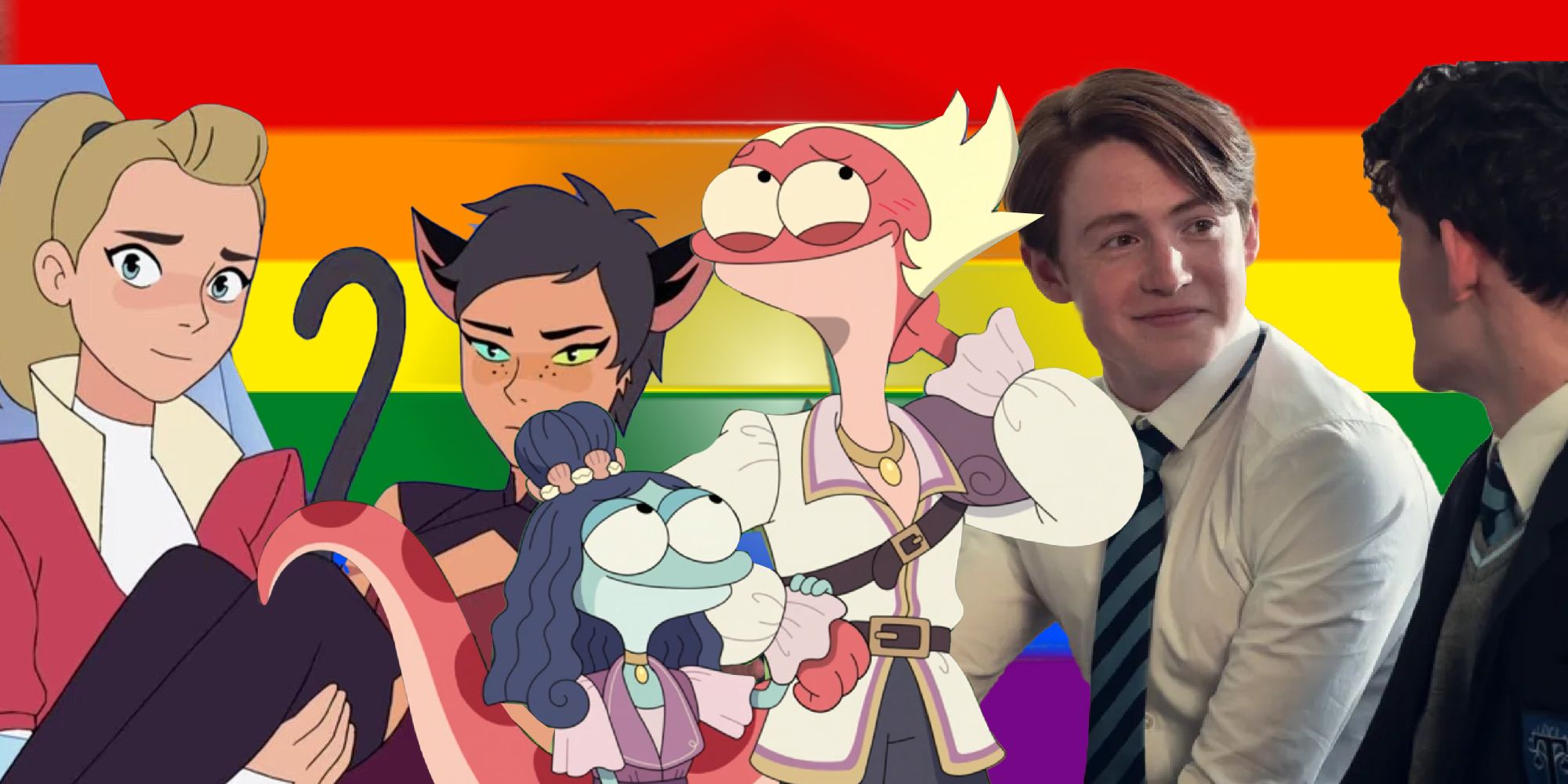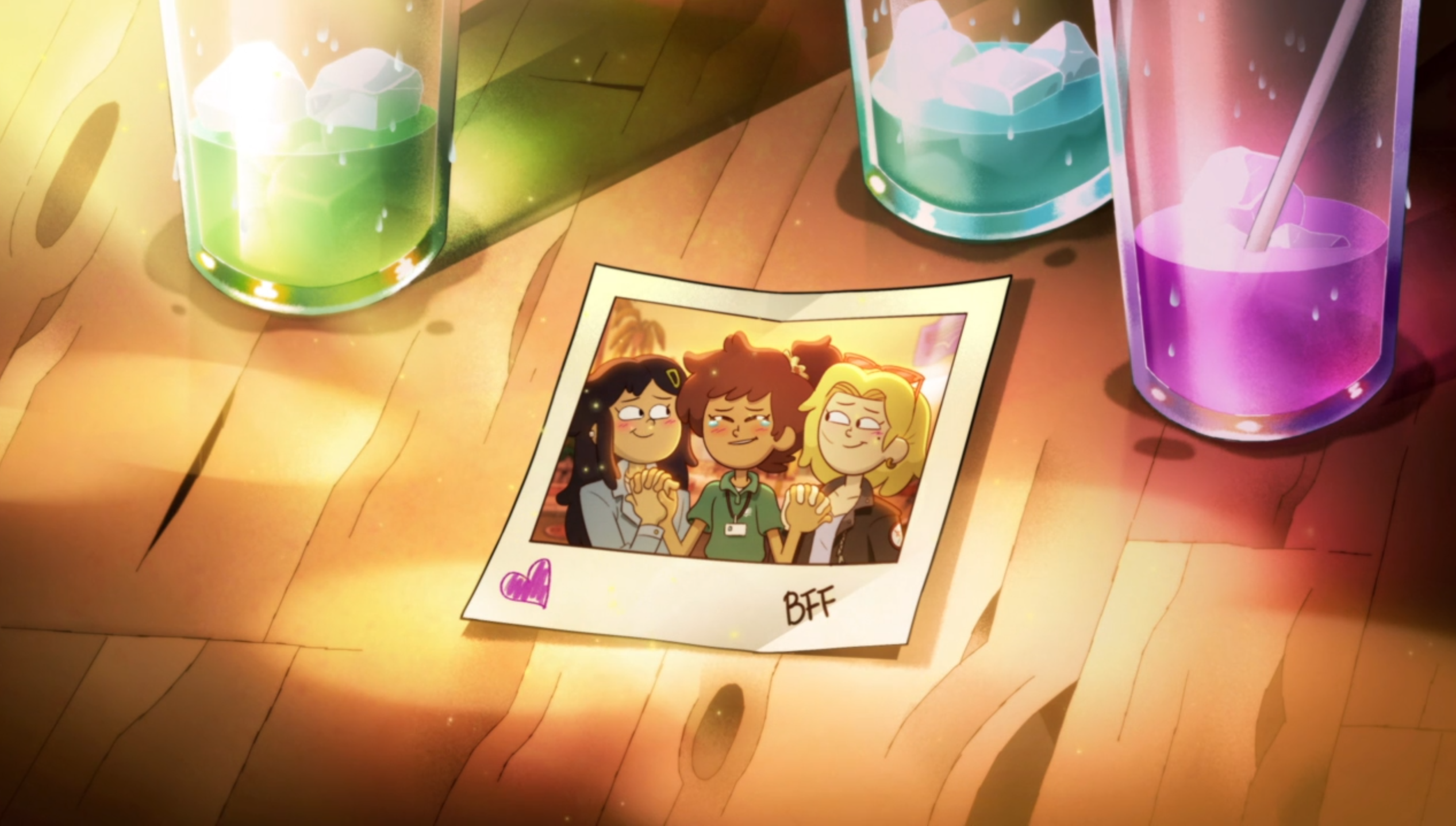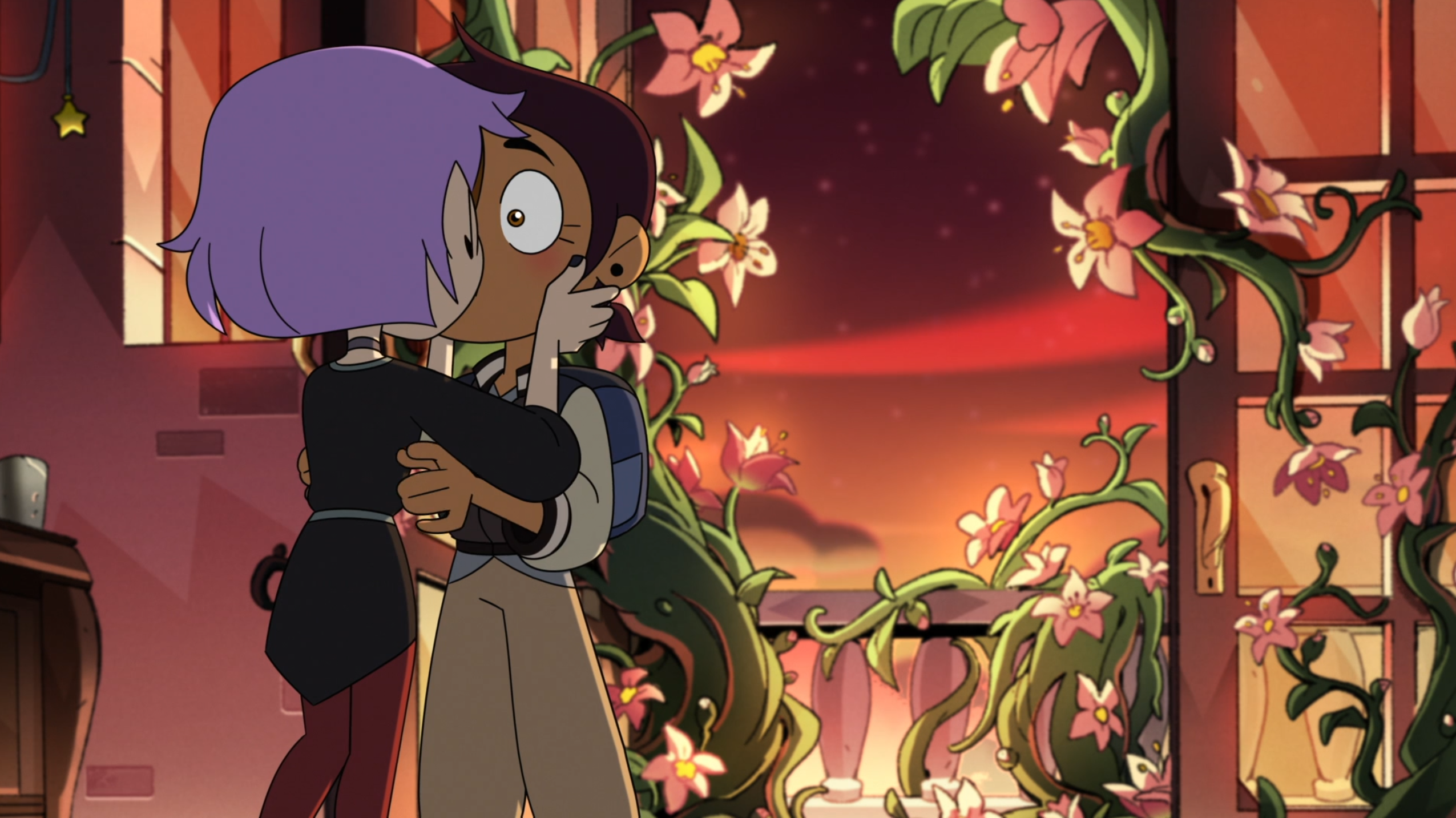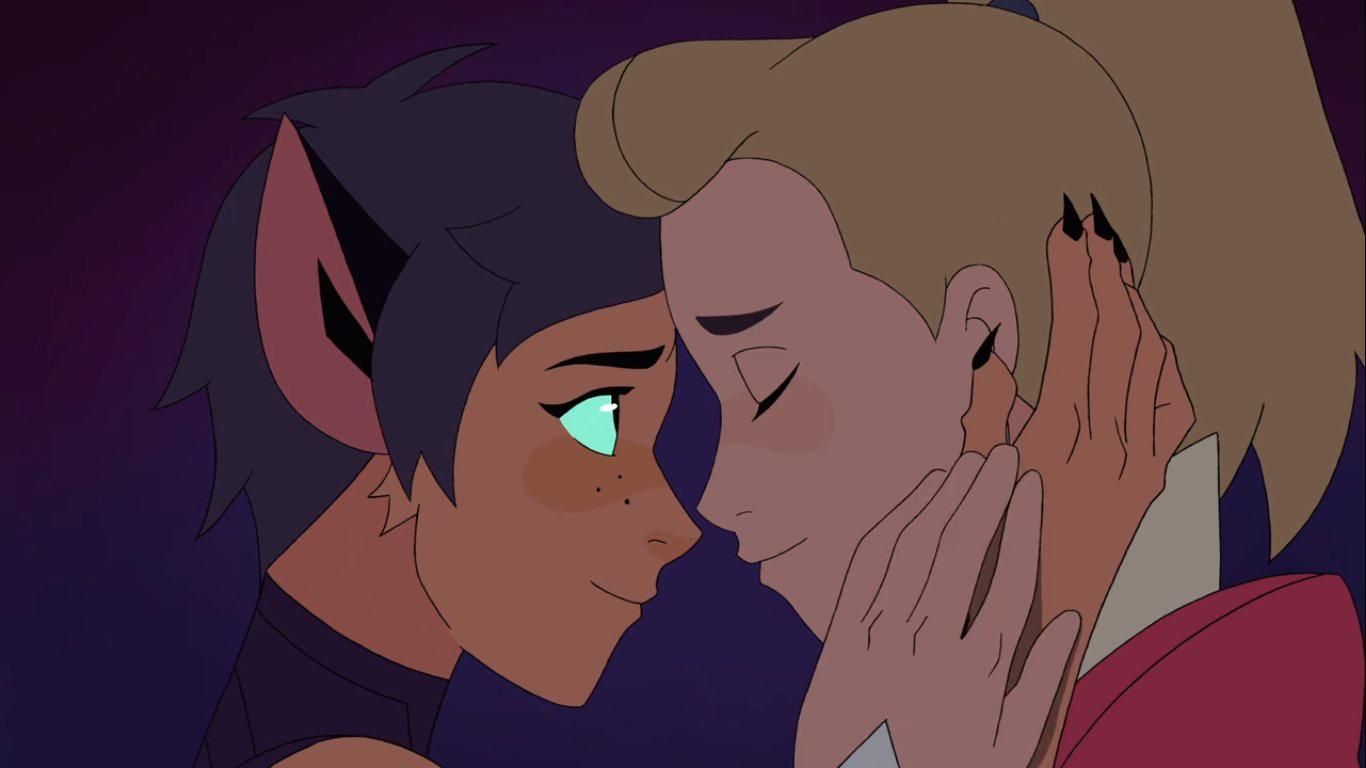Fandoms are territorial places. People will gather around things they adore and make them into facets of their personality that must be defended to the ends of the earth. We see this with films, games, television shows, and even real-life celebrities who became cultural icons unto themselves. This is not, and will never be, a good thing.
I’ve always found it unhealthy to allow things to become an immovable part of who you are, even more so given the impermanence associated with them. But so many of these fandoms involve young fans who are yet to understand the parasocial ideas that underpin so many of the bad habits and unhealthy attitudes that permeate these spaces regardless of what they happen to revolve around. In my area of work I’ve seen it happen in recent months with The Owl House, Amphibia, Heartstopper, Our Flag Means Death, and so many other pieces of media that actually involving myself in the fabric of fandoms is exhausting.
This is especially true when it comes to queer representation. LGBTQ+ storytelling is still advancing, and only in recent years have we seen mainstream stories that do justice to all those under the queer umbrella. For years we have existed in a world where representation had to be unearthed in subtext, while actual characters and themes were marred by harmful stereotypes and damaging depictions of who we are amidst a society that was yet to accept us. We are still fighting that battle, one we aren’t always lucky enough to win, so to bicker amongst ourselves over fictional battle lines only serves to deal further damage.
I’m going to run through a few recent examples of shows I adore that have been pulled into ideological conflict for no good reason, with fans exposing them to criticism associated with queer representation that just isn’t warranted. Before the Amphibia finale Matt Braly revealed (in an interview with yours truly) that none of the Calamity Trio would enter romantic relationships as the show concluded. Many of us expected this, but some fans across the internet deemed the show to be queerbaiting, or a potential relationship was abandoned in favour of this platonic ending because the creatives involved were too scared to commit. Not only is that uncharitable to so many people fighting to tell queer stories, but also assumes knowledge of the animation industry that couldn’t be further from the truth.
Olivia and Yunan being unveiled as a canon queer couple was almost seen as a consolation prize by some, despite the fact their chemistry and relationship had been developing for the better part of two seasons before they got together. We didn’t receive the central romance we weren’t even promised in the first place, and thus we must find something or someone to blame. We weren’t lied to, we weren’t bamboozled, but the hostility continues regardless.
The Owl House has been victim of similar toxic attitudes, although this tends to come from a loud minority of fans who believe Lumity (Luz Noceda and Amity Blight) and its beautiful portrayal of a queer relationship is superior to all those that come before it. The likes of The Legend of Korra, She-Ra, and other shows have become punching bags because they apparently failed to match two characters who built upon all of the successes that came before them to create something beautiful. We should be celebrating how far we’ve come, not turn this progress into a reason to insulate ourselves within bitter fandoms for no good reason. All fictional stories are told in different ways, with thematic elements like romance, identity, and the inherent messiness of being queer explored to match that diversity.
Representation is not a linear path forward, and there will continue to be varying levels of queer stories, characters, and themes throughout the things we love. We don’t need to love and accept all of these moments unconditionally, and owe it to ourselves to critique them when necessary, but finding reasons to hate them in order to make yourself feel better than those who have long been standing alongside you is downright juvenile. It hinders progress, and will only serve to highlight your own ignorance when your favourite show comes to a close and you’re forced to move onto something new. Nothing lasts forever in fandoms.
We always want to be better, or to feel like whatever we’re invested in is superior to potential rivals or what came before to justify that mindset. So we bicker online, bring well-meaning creators into personal arguments, or make assumptions that simply aren’t true. I’ve seen behind the curtain enough to grow exhausted whenever such things return to the spotlight, knowing it’s easier to move on and keep championing positivity despite small nuggets of fandom eager to bring each other down. Queer representation deserves better, and given it seeks to depict so many minority groups in positive, progressive ways means that sitting upon our high-horses and claiming that one fruity couple is better than another only serves to turn wonderful, memorable stories into pawns partaking in a meaningless battle.
Talented authors, animators, writers, and other creators have fought to hard to have queer storytelling breach the mainstream in this way, and we owe it to them and ourselves to support them in ways that keep the needle moving forward.




